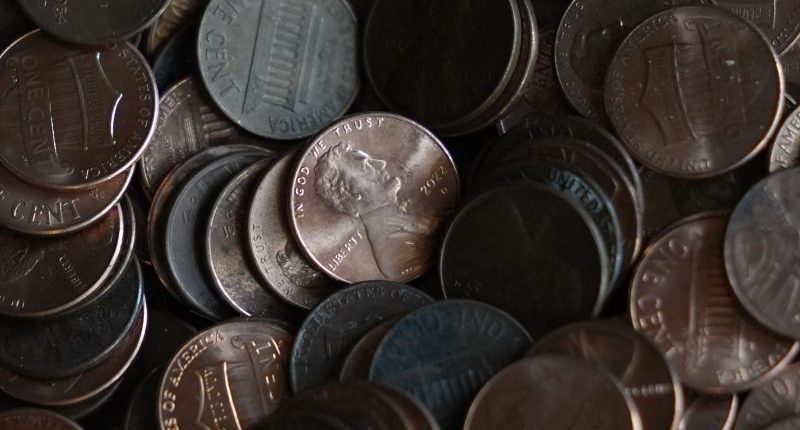Share this @internewscast.com

WASHINGTON (NEXSTAR) – In an unusual display of unity, legislators from both political parties in Congress are introducing proposals to cease the production of pennies. However, a pro-penny organization cautions against the potential negative impacts of such a decision.
“They no longer make any ‘cents’ at all,” Sen. Jeff Merkley (D-Ore.) said.
Oregon Democratic Sen. Jeff Merkley is pushing to halt production of the penny.
“The issue is straightforward. It takes four cents to produce each penny,” Merkley stated. “Most pennies don’t remain in active use. People abandon them on countertops, in couch crevices, and kids no longer collect them off the ground.”
He, along with Republican Sen. Mike Lee from Utah, is backing a bill aimed at discontinuing the minting of these coins. They argue that it could result in taxpayer savings of $85 million annually.
The U.S. Mint reported in 2024 it cost 3.69 cents to make the penny, up 20% from the year before. That’s the 19th year in a row the penny cost more to make than its face value.
“Consumers benefit if you have a low denomination coin,” Executive Director of Americans for Common Cents Mark Weller said.
Mark Weller is with Americans for Common Cents, a group that supports the penny and is also supported by a company that supplies zinc to the mint to make the coins.
He says stopping production will make things more expensive.
“The alternative to the penny is rounding transactions to the nickel, and that’s just a real loser for consumers,” Weller said.
Weller also says ending penny production could lead to the mint making more nickels, which cost almost 14 cents to make.
“The fact is we’re actually going to lose more money,” Weller said.
Merkley says this is an easy way to cut waste, and one the administration supports.
President Trump called for the Treasury to halt penny production in February. He wrote on Truth Social, “Let’s rip the waste out of our great nations budget, even if it’s a penny at a time.”
Merkley wants to put that in law.
“We’ll look for an opportunity to get it hopefully voted on as an amendment to some other bill,” Merkley said.
A separate House bill to end penny production would require cash transactions be rounded to the nearest nickel but electronic payments would not be rounded.










